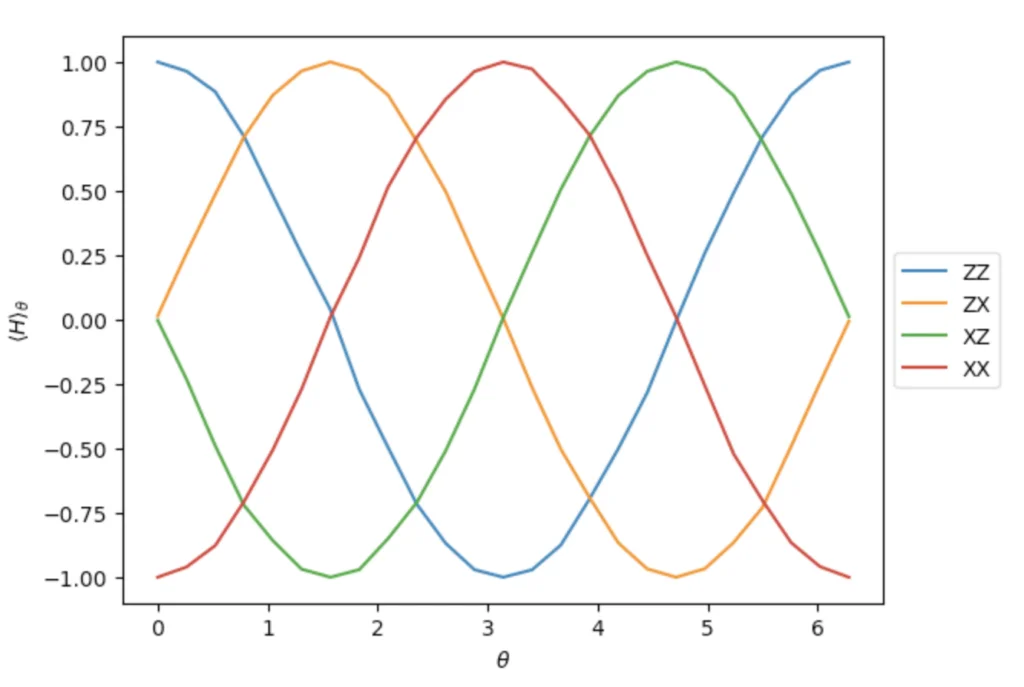There’s Gold in Them Thar Hills
Gold rushes can make people crazy. 1848 was enough of an indicator of that. When Sam Brannan announced to the world: ‘Gold! Gold! Gold from the American River!’, half the world’s population (or so it seemed to the tiny California population which lived there at the time) descended on the soon to be the newest state of the union.
San Francisco, before a small hamlet with a few hundred pioneers living there, became a centre of vice, murder and debauchery overnight.
Two hundred years before tulip mania hit Europe, and like in California with its argonauts or 49ers, it impoverished more than it made rich. In the early 2000s, too, the Dot.Com bubble created a speculative tendency in people when irrationality took over all reason.

Can we see the same thing happening in quantum computing (QC)?
Many now, especially venture capitalists and those with a vested interest in the space, are trying to carve out their own piece of the action, seeing the decade as the one ‘when quantum technology came into its own’.
Report
According to a report by the publication Nature, ‘private investors have funded over fifty quantum-technology companies around the world since 2012. (which I touched on in an earlier article). This number, at first glance, doesn’t seem a lot, but when you take a closer look, taking into account the technology in many instances is still at its ‘proof-of-concept’ stage, the statistics tell a different story.
Dollar investment in the QC space from 2012 to last year, again referring to the Nature analysis harvested from data available at the Quantum Computing Report, the Boston Consulting Group, PitchBook and Crunchbase, shows that the share of the cash invested in North America totalled more than $330 million, with Europe, Australia and China next in the ranking, respectively.
Starting in 2012, total outlay in the sector was at $46 million. As of the most recent number from 2018, investment was up by nearly four times to $173 million from the first year of analysis. The year before, 2017, saw a record $278 million investment in the QC space.
Do the statistics bode well for the industry?
‘There is a lot of hype right now. Quantum technologies have seen rapid progress, but machines that can tackle many kinds of computation are still likely to be decades away, and even then it will be difficult to write algorithms that harness their abilities… There are now hints that US firms are finding it harder to get private funding.’
— Doug Finke, a computer scientist and owner of the Quantum Computing Report
One of the biggest dangers is to the small and medium-sized hardware-agnostic startups whose business is based on designing and developing quantum software to support and service the hardware applications built by the bigger players like Google, IBM, Rigetti and D-Wave Systems.
Proof of concept is all well and good, but when you rely on a promise that is still an idea, something at the early stages of development, years away from actual useful implementation, things can get messy.
‘These recent advances in hardware have highlighted a chicken-and-egg problem: what use will quantum machines be if there is no software to run on them? That accounts for this year’s race to win over developers, who will need to learn a completely new programming approach in preparation for the future machines.’
— Richard Waters, Financial Times’ west coast editor
Prospects
So, what are the prospects for companies in the QC space whose philosophy is purely hardware-agnostic?
1QBit, a Canadian QC startup based in Vancouver, is one such use case. Founded by Andrew Fursman and Landon Downs in 2012, 1QBit creates QC algorithms software for companies that see a future in utilizing quantum hardware architectural systems.

It’s a gamble, but if the gamble pays off, the sky’s the limit for them.
In 2017, 1QBit signed a deal with Fujitsu Laboratories Ltd of Japan to use its software on its digital annealer (the Japanese multinational was also the lead investor in a Series B round, which raised $45 million for 1QBit), a quantum computer developed in partnership with the University of Toronto.
On the collaboration, Fursman was positive:
‘We have reviewed many different hardware architectures, and we are very excited about applying our software to the technology developed by Fujitsu. Together, 1QBit’s software applications and Fujitsu’s digital annealing technology have the capabilities necessary to solve difficult optimization problems and advance the field of machine learning.’
And two years on, according to an article in The Georgia Straight this summer, the partnership is going from strength to strength.
Yet, the eco-system being created in the QC industry seems to be very one-sided: too many hardware-agnostic companies on the market in it to serve the finite amount of concerns focusing on the hardware aspect of the business can’t be good. With time, and enough bad luck, they could turn into bottom feeders, desperate for business when the business is not there.
Surely, then, what should happen is more hardware companies need to come into existence. Who was first? IBM or Microsoft?
Exactly.
Though it could be hard — what startup has the cash available to rent lab space, hire engineers to build the hardware and experimental quantum physicists to run it?
Not many, I bet.
We could see a scenario where the giants like Google, Intel and Honeywell just create their own software (and they are already), leaving hardware-agnostic startups out in the cold.
It’s a recipe for disaster, but a disaster nonetheless.
Whatever the outcome, QC is here to stay. What we don’t want to see, however, is a scenario where QC software companies, ill-advised from VCs or other investors, become liabilities and eventually fall like a house of cards.
















